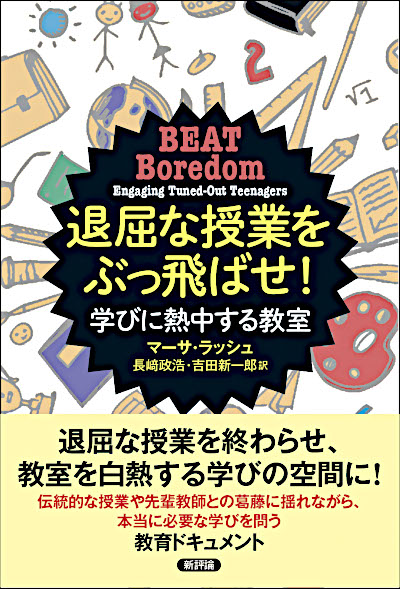他教科のことには口をはさまないこと。同一教科であっても、他の人の授業には口を挟まない。不文律のように学校に残ってきた文化だ。いまだに、声高に唱える人がいることは、驚いてしまう。[さらに驚くことは、自分の学校の授業をあまり見ようとしない校長がいることだけど。]
おいおい!我々は誰のためにこの仕事をやっているんだ。生徒のためだったら、同僚にも堂々と主張しようではないか。
正論だ。でも、自分自身の仕事や作品に批判的なコメントをされることをよろこぶ人はいない。それがいかに建設的なコメントであってもだ。正論とはやっかいなものだ。
外国語のテストに関する本に、「よい問題作成者の資質とは、自分が書いた項目の正当な批判を受け入れる用意があることだ。」★とある。見事!
最近「炎上」ということばが流行っている。批判を恐れては口をつぐむしかない、そんな風潮かもしれない。
批判を受け入れることのできる器量。それこそが、真の賢明さだと思うが、どうだろう。
★Arthur Hughes (2003) Testing for language teachers, Cambridge University Press. p. 58, 日本語訳は根岸雅史氏による。
58ページ近辺には見当たらず、たぶん発行年が違うのでページ番号も移動したのだろう。以下の記述が該当していそう。teamworkという言葉が印象的。批判する人、意見が異なる人を、排除したり、黙らせるのが、最近の社会の恐ろしい風潮だからね。
“The writing of successful items (in the broadest sense, including, for example, the setting of writing tasks) is extremely difficult. No one can expect to be able consistently to produce perfect items. Some items will have to be rejected, others reworked. The best way to identify items that have to be improved or abandoned is through teamwork. Colleagues must really try to find fault; and despite the seemingly inevitable emotional attachment that item writers develop to items that they have created, they must be open to, and ready to accept, the criticisms that are offered to them. Good personal relations are a desirable quality in any test writing team.”
Hughes, 1990 p.51


















